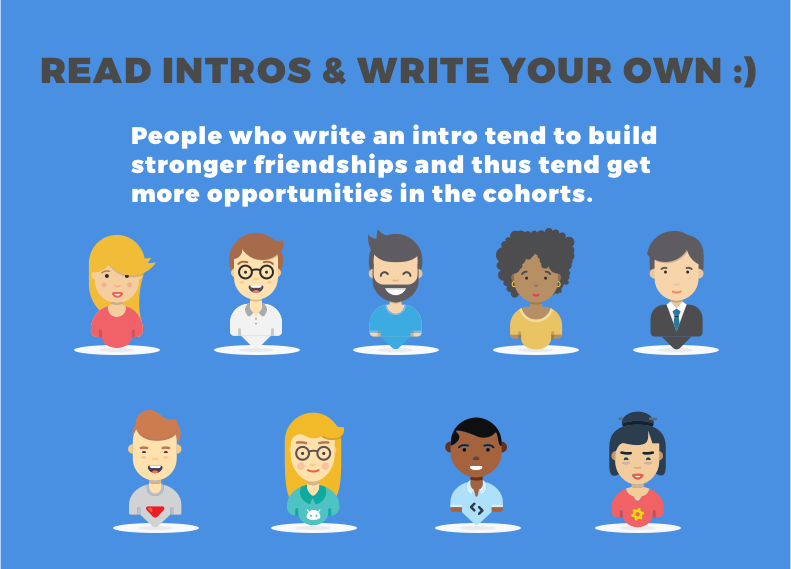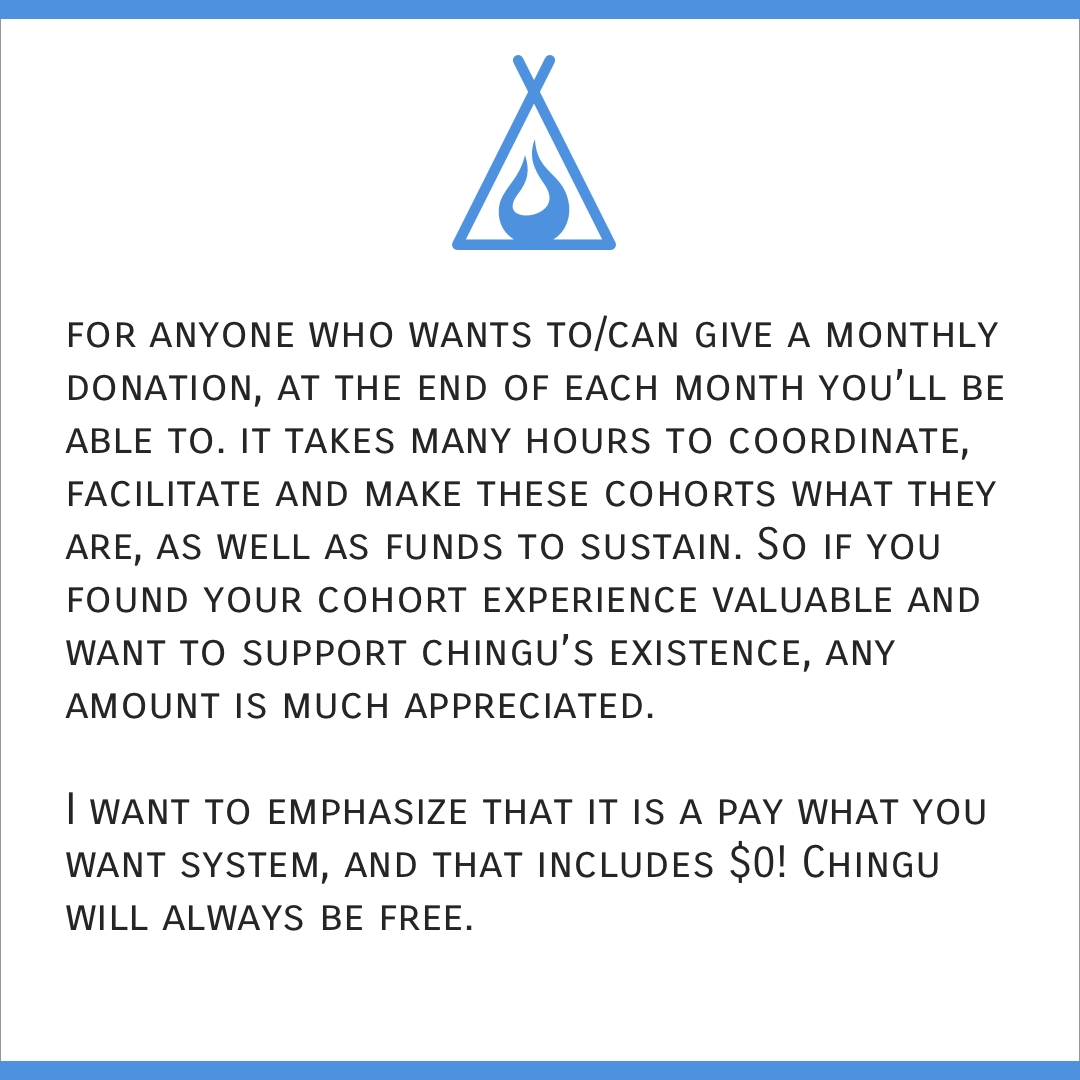march
cohort guide
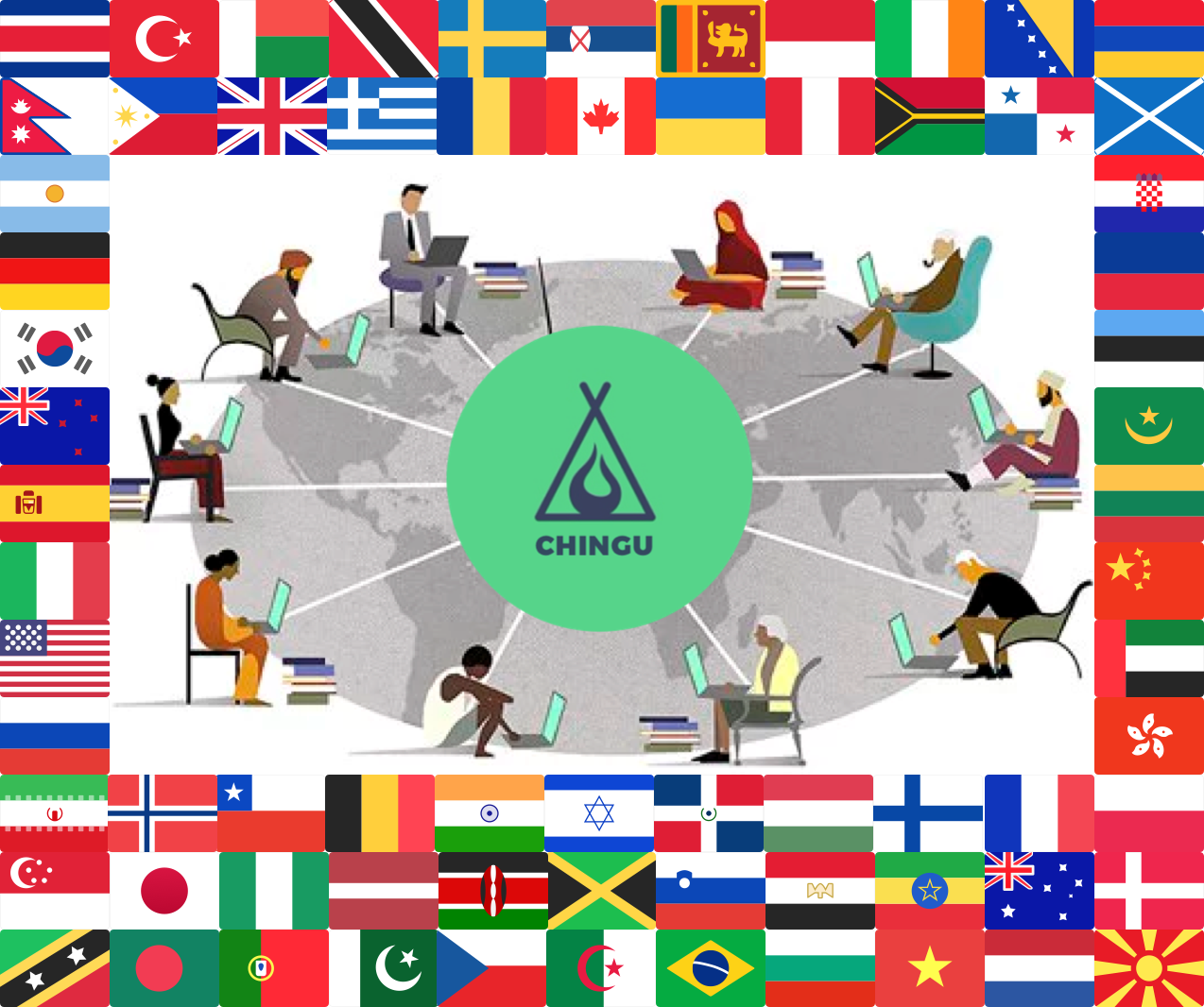
Nigeria ... Yay. (the flags of all our members - can you find yours? )
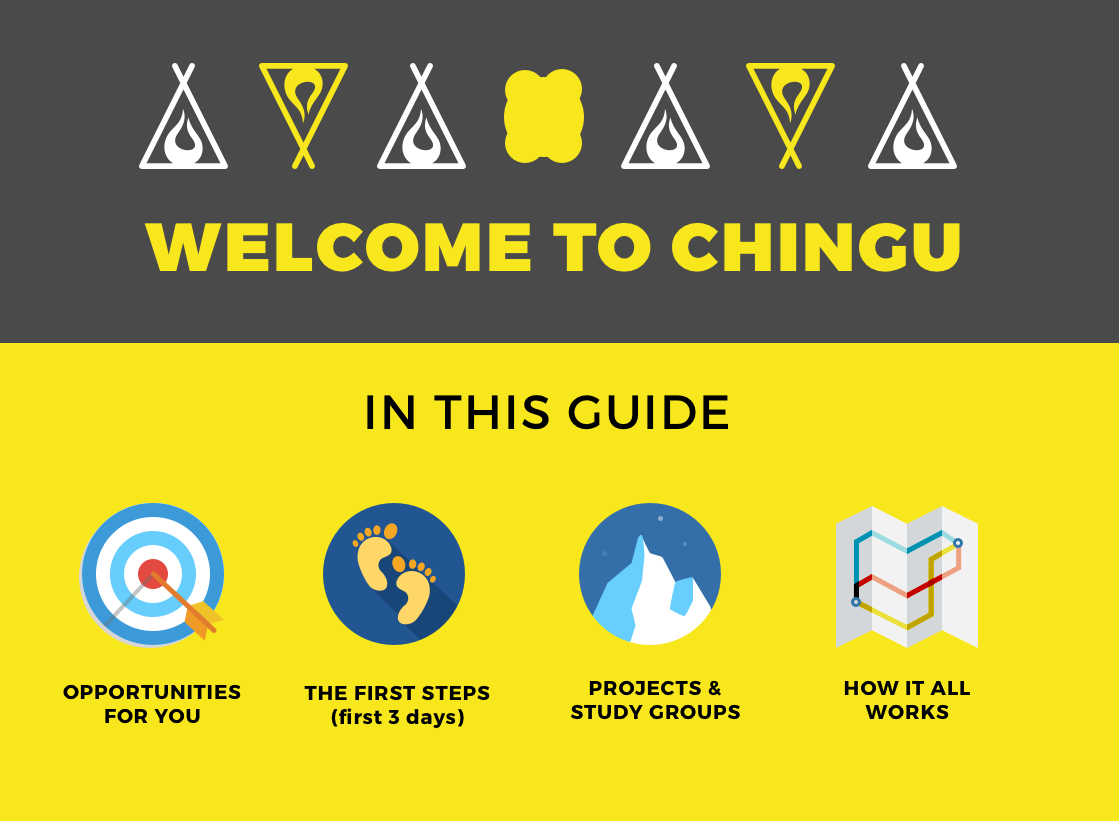
Hello you ambitious learner!
So we hired Google’s best data scientists for the weekend to analyze the Placement Survey data. The 20 person team spun webs of algorithms to play with the data to test various scenarios until they found the perfect cohort match for each camper.
Before finalizing the cohort spots, the whole team flew to Japan to complete a dual yoga and meditation retreat so as to ensure they had made the right conclusions for each cohort placement. We held a 3-hour meeting with the Emperor of Japan to get his feedback. Quincy Larson was live on Skype for the whole meeting.
When the plane landed from Japan we headed to the seaside to witness the most glorious sunset while we wrote out the the final cohort list in ink. Someone saw a dolphin jump in the distance. We had a crazy celebration after, and coded a Tribute Page to the whole process. MPJ might have even wrote a poem called “The Chingu Animals, the hungriest learners on FCC”.
Let’s learn, level-up to new levels and build, shall we?
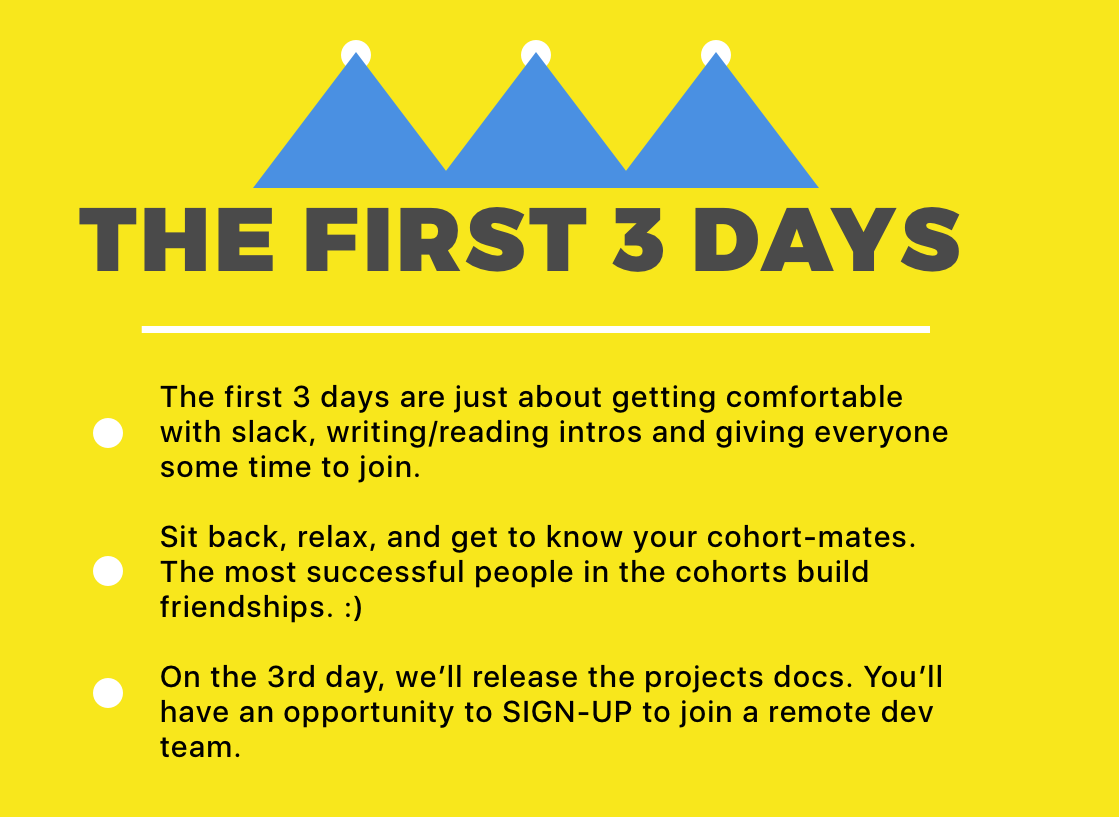

- Say hello, chat a bit, and write your intro. Don’t be shy, everyone here is super friendly. Feel free to give a warm welcome to new members as they come in. :)
- Take some time to play around and get used to slack. I recommend downloading the desktop app and mobile app as well. It’ll make your cohort life much better, and the Slack app is wonderfully designed.
- You’ll see that there are only 3 channels at first: #chingu-news, #general, and #intros-your-story. Once most people join, I’ll add the other channels (the other channels are explained below). I usually make the other channels on the 2nd or 3rd day.
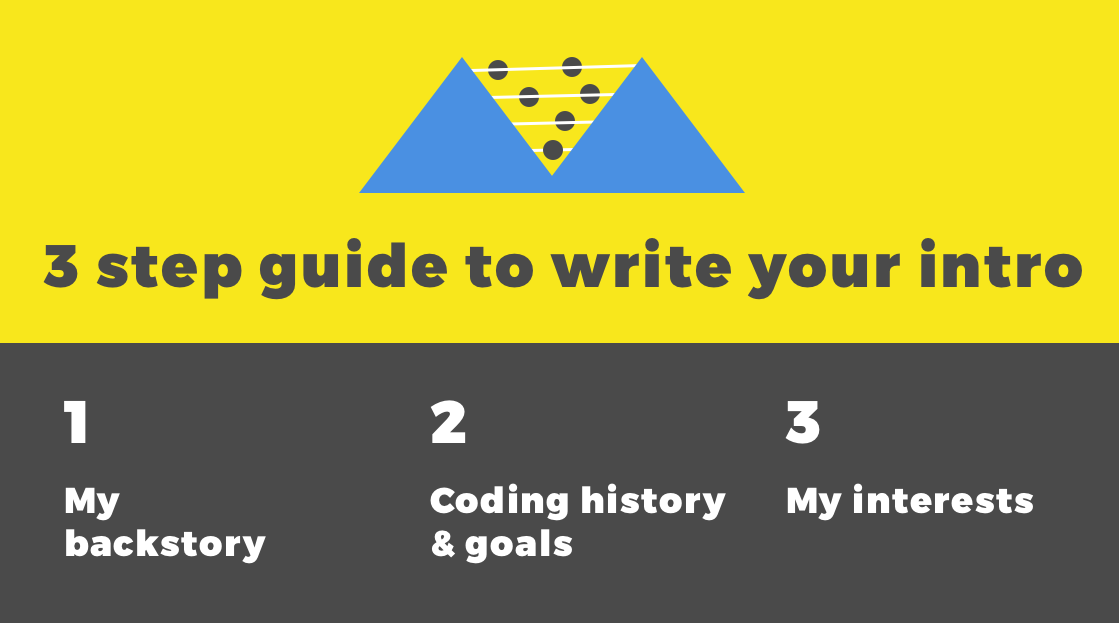
AN EXAMPLE (of an excellent intro)
Hi, everyone! My name is Den, and I live in Pennsylvania (USA).
My Backstory:
I've worked odd jobs most of my life (from unloading trucks to canvassing door-to-door), never really knowing what I wanted to do. At least until I found my way into an office job and started fiddling around with Excel VBA. (Our processes were terribly repetitive, and I was getting sick of doing them every day). I managed to build a few macros, got myself promoted to a low-level analyst position, and fell in love with coding. I know now that Software Development is what I want to do.
Coding History:
I'm pretty confident in my VBA abilities. I spent the last year trying to learn python, but I'm not really sure I came away with anything practical from it. Learning web development, though, appeals to me, so I joined FCC. I'm at the early JS portfolio projects right now (having just finished the Random Quote Generator). My goal is make web apps (and, hopefully, to be gainfully employed in doing so).
Interests (aka feel free to message me if you also like any of these):
Coffee, Sci-Fi/Fantasy novels, PC Games (currently playing Civ VI and Stardew Valley), and anime.
Happy to be here!
- @awesome chingu
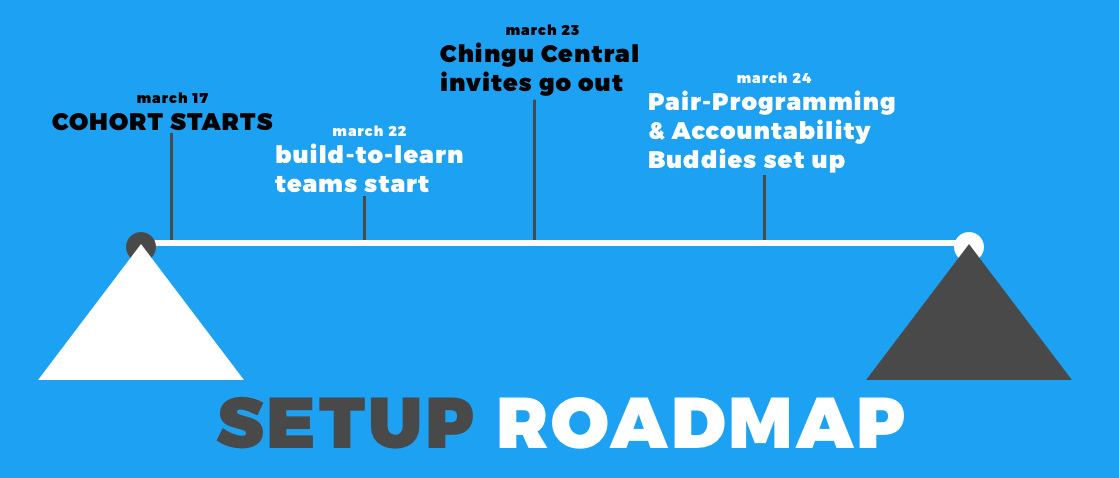
The above is a brief roadmap for the setup of your cohort. Note: the above is determined based on what you sign up for in the ZELDA doc (can be found in the email). For example, you need to sign-up for a Build.to.Learn project to be a part of a team. You need to sign up for pair programming to get access to that feature. :)

The cohorts usually last between 4-8 weeks. This depends on how each cohort goes and you’ll be given lots of notice of any changes. All members are welcome to join a new cohort after their cohort ends. :)
We often host Pair-Programming Festivals.
We encourage pair-programming b/c it’s one of the most effective ways to level up. “HOW DID I NEVER DO THAT BEFORE?!” is a common response we get after this festival.
Also, for this cohort we’re going to try out setting up Regular Pair Programming partners for people who want to try. In the past we’ve had a few people who did this and they found it extremely beneficial.

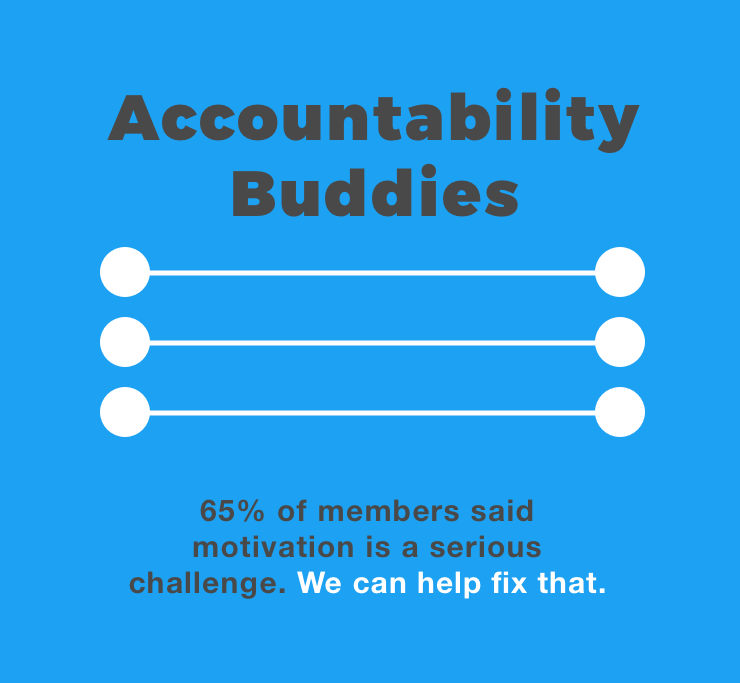
Accountability buddies are a secret weapon to improving your skillset. We’re all human, and our motivation will go up and down. Having someone to share your goals with and hold you accountable is an enormous asset.
Trouble maintaining motivation is the most common place of failure for people learning to code, so we take it seriously.
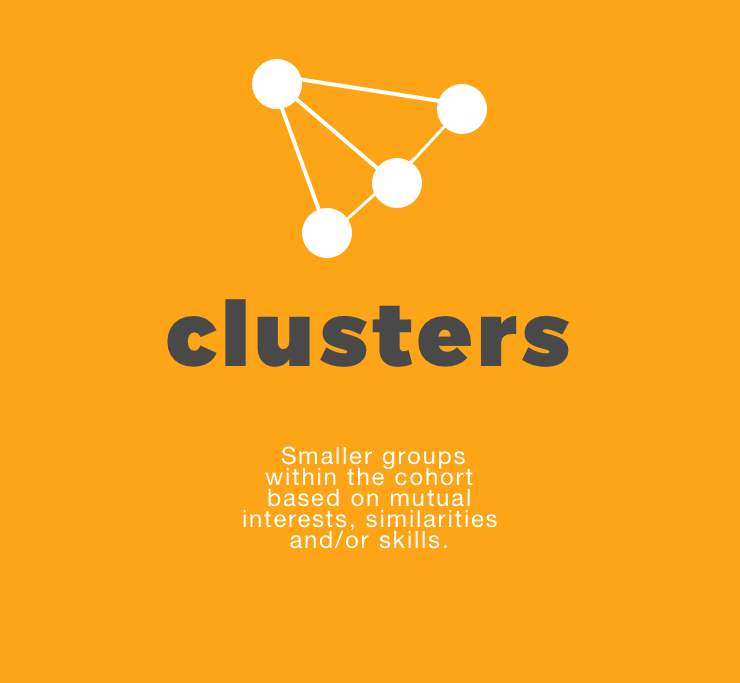
We believe people coming together with shared goals and ambitions is a huge asset, but why not connect on personal interests and specific skillsets? People are more likely to collaborate and help each other when they build friendships. When people collaborate and help each other, they are more likely to do things like improve, create projects, and get a job.
So if you find yourself in a cluster, dive in and have fun!
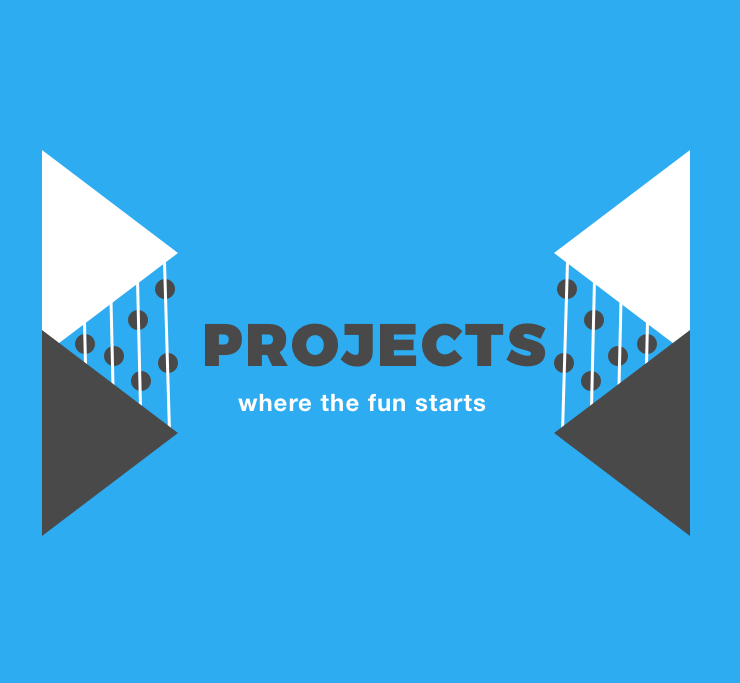
A lot of people wrote that they desperately want a way to get involved in team projects and concentrated study groups. We can facilitate level-ups in a variety of ways. Our groups fleet can be split between Project and Study-Group Opportunities.
Project Opportunities
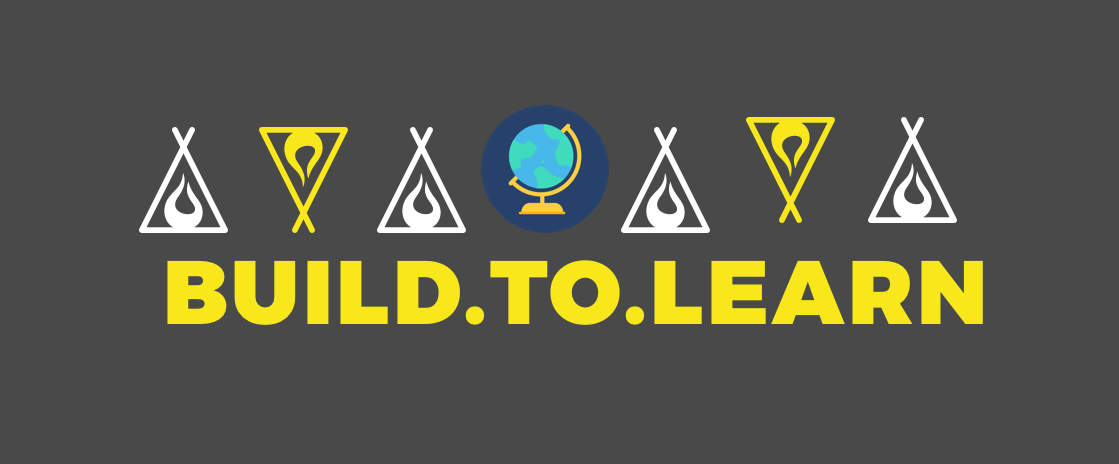
Chingu’s project opportunities usually start with the Build.to.Learn series. Each cohort session, we host Build.to.Learn projects. How it works is you check out the project docs (can be found in the ZELDA doc), sign-up and then we generate the teams. The project options depend on your current levels.
That being said, at any given time there could be anything from 10 to 30 projects ongoing across all the various cohorts. Some of those projects are from Build.to.Learn, some of those projects are born organically from the cohorts.
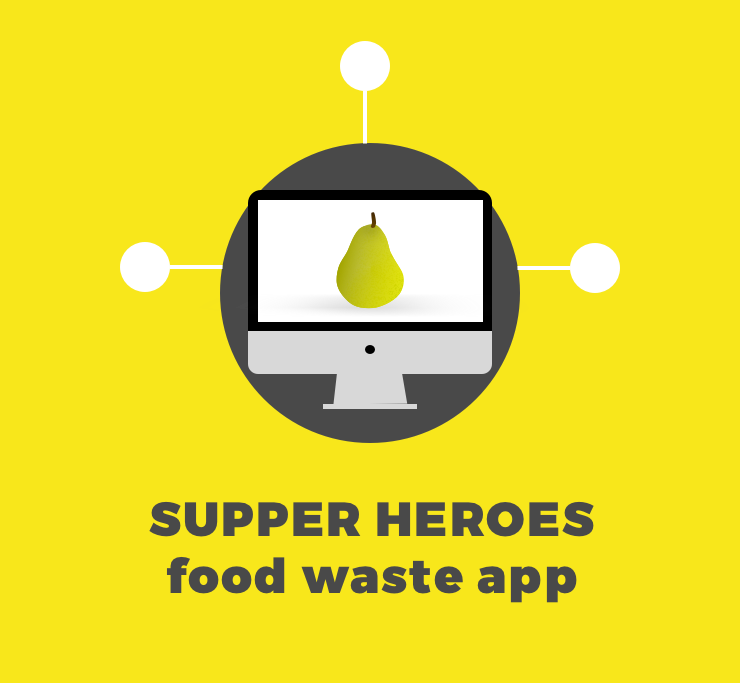
Supper Heroes - Yes, we are a bit wild. There’s a team aiming to build a full scale food waste app. Here’s a simple prototype. Something along the lines of this.
Think you can help out on the technical side? Design? Have experience in the food industry? This is an project that is just starting to get going and there are opportunities to contribute. ;p
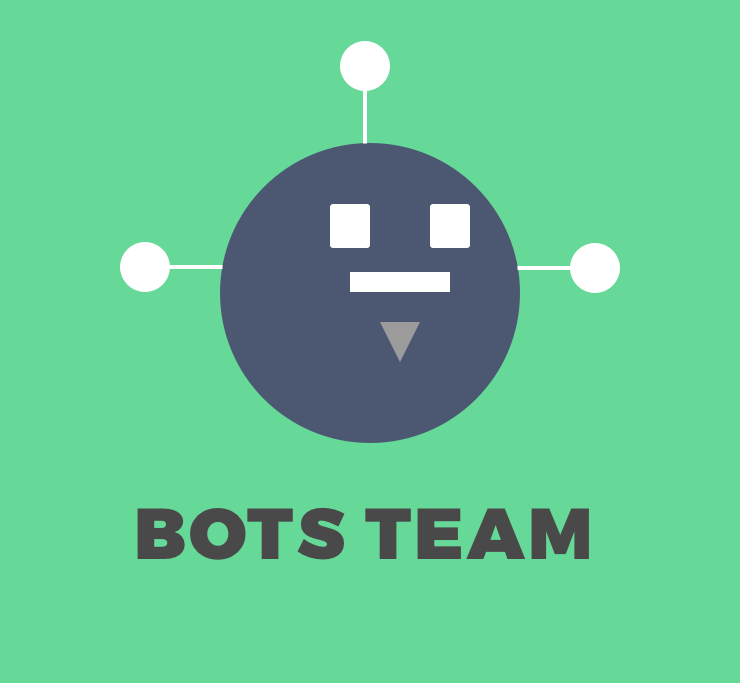
Bots Team — I’m not sure if you’ve noticed, but bots are taking over these days, and there are now job titles like Bot Designer.
If you’re interested in learning more about the world of bots and building one, this is the team for you.
See the ZELDA doc for the mission, objectives and how to get involved with the bots.
Study Groups
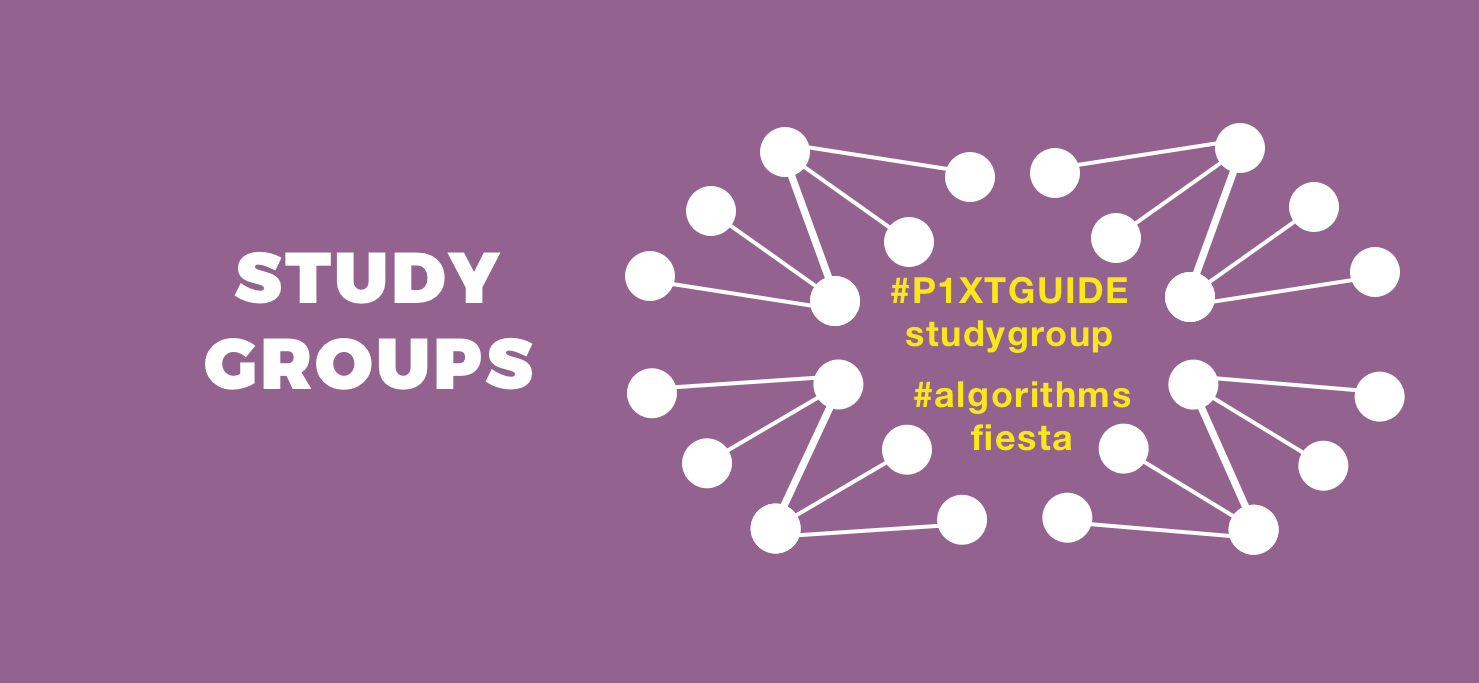
#P1XTGUIDE-studygroup --This is a place where people who are actively working on the Guides can come together and help each other out. There are conversation threads, you can ask questions, and get support in your learning adventure.
In the past there have been video sessions as an example. Right now there’s a team building quizzes for each YDKJS book with the plan to build something to host it.
#algorithms-fiesta -- This is a new study group, which will focus on algorithms and challenges. There might be weekly algorithms people can work on together, articles written, and generally a good place to be if you like algorithms and coding challenges or are actively learning about them.
See the ZELDA doc for the mission, commitment requirements and how to join.

NOTE: If this is your first cohort, you will get an invite to ChinguCentral at the end of your first week.
Chingu Central is a second slack group that houses many members from the other cohorts. It’s a place to meet other people and acts like a main train station. It’s also where you can join the study groups and other groups or projects that may be created in the future.
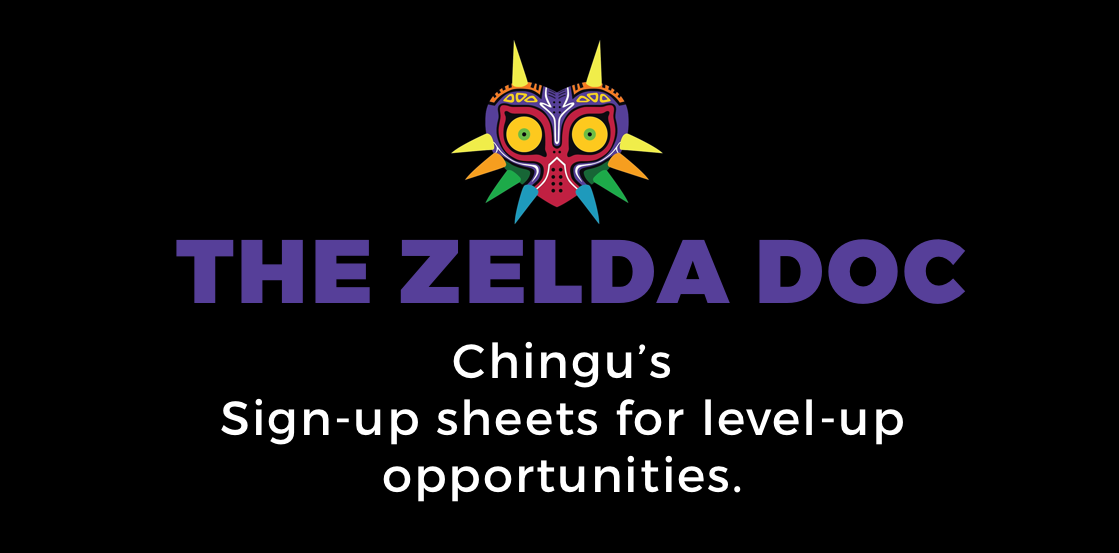
The ZELDA doc is where you can find many of the opportunities Chingu offers. You can find out about the study-groups, find projects, and other useful links.
The ZELDA doc can be found in the email you found this link in.

- #chingu-news — This is where I’ll post links to the Weekly Updates and any important news. Try to check this every so often to make sure you don’t miss out on any opportunities.
- #general — People can and do talk about anything and everything here. Mostly it’s about coding, what people are working on, or super random topics like “does where you live have gas station attendants?” ;p It’s an awesome place!
- #dev-help - Have a question about code? About anything dev-related? Ask your cohort-mates here!
- #showcase-feedback - Finished a project? Want to show off what you worked so hard to make? Want feedback? Post it here! Also, feel free to post about any tutorials, books, or resources you’ve finished!
Nota Bene: I purposely change the settings to make the cohorts adaptable and customizable. In the past, people have made their own channels such as: #daily-algorithms, #humanlanguages, #job-talk, #philosophy, #motivation as well as various ones for group projects that start organically in the cohort. When you join there will be only 3 channels, the others will be built on the 2nd day. We’re always experimenting to continuously improve the cohort experience, so these channels may change.
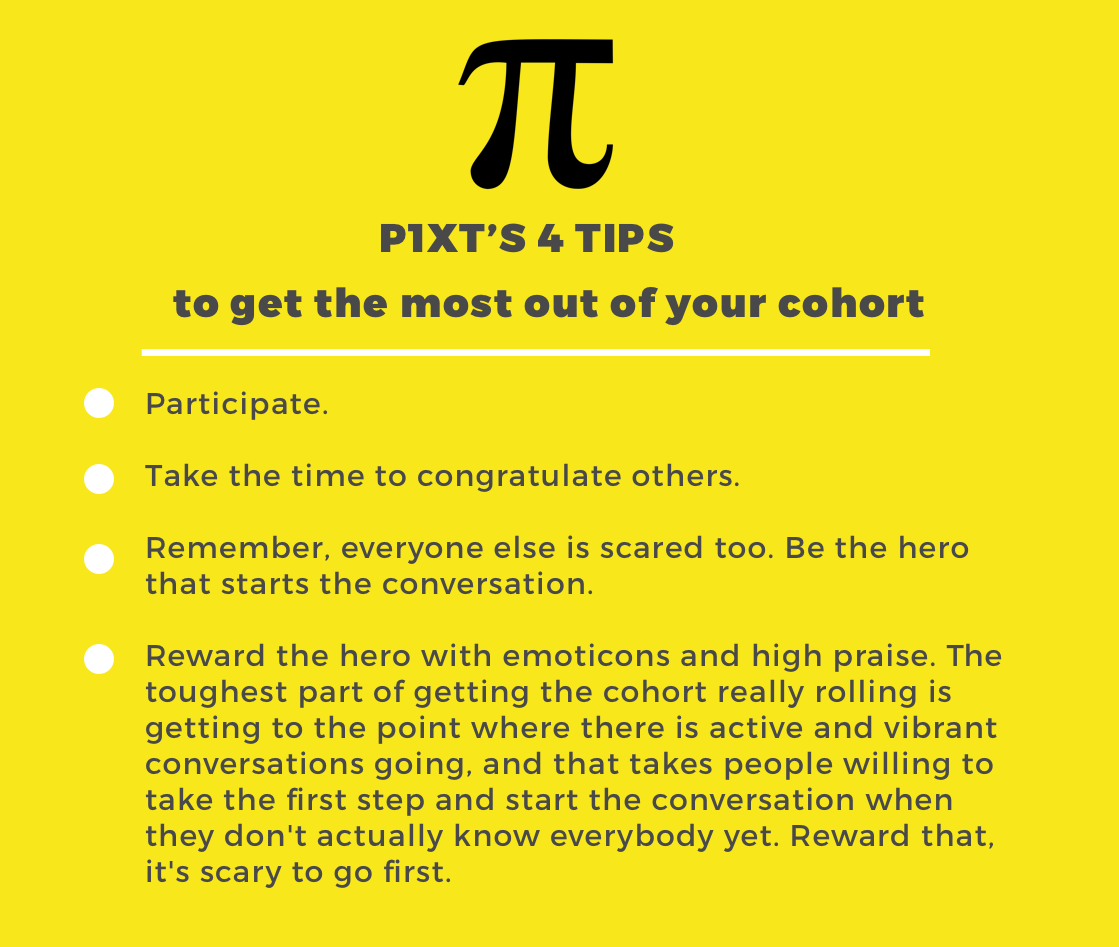
Also, if this is your first time using slack, here is a little starter guide.
